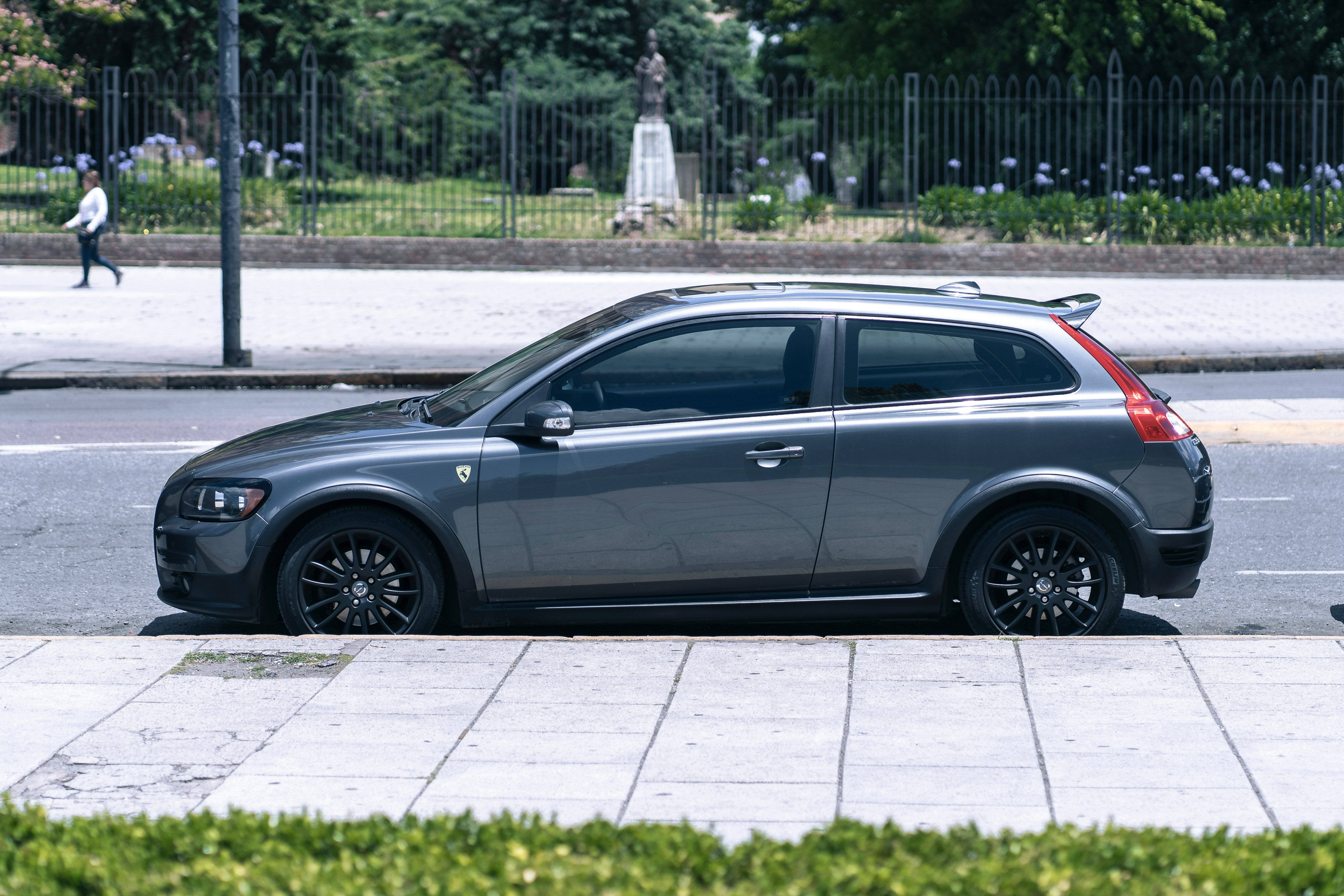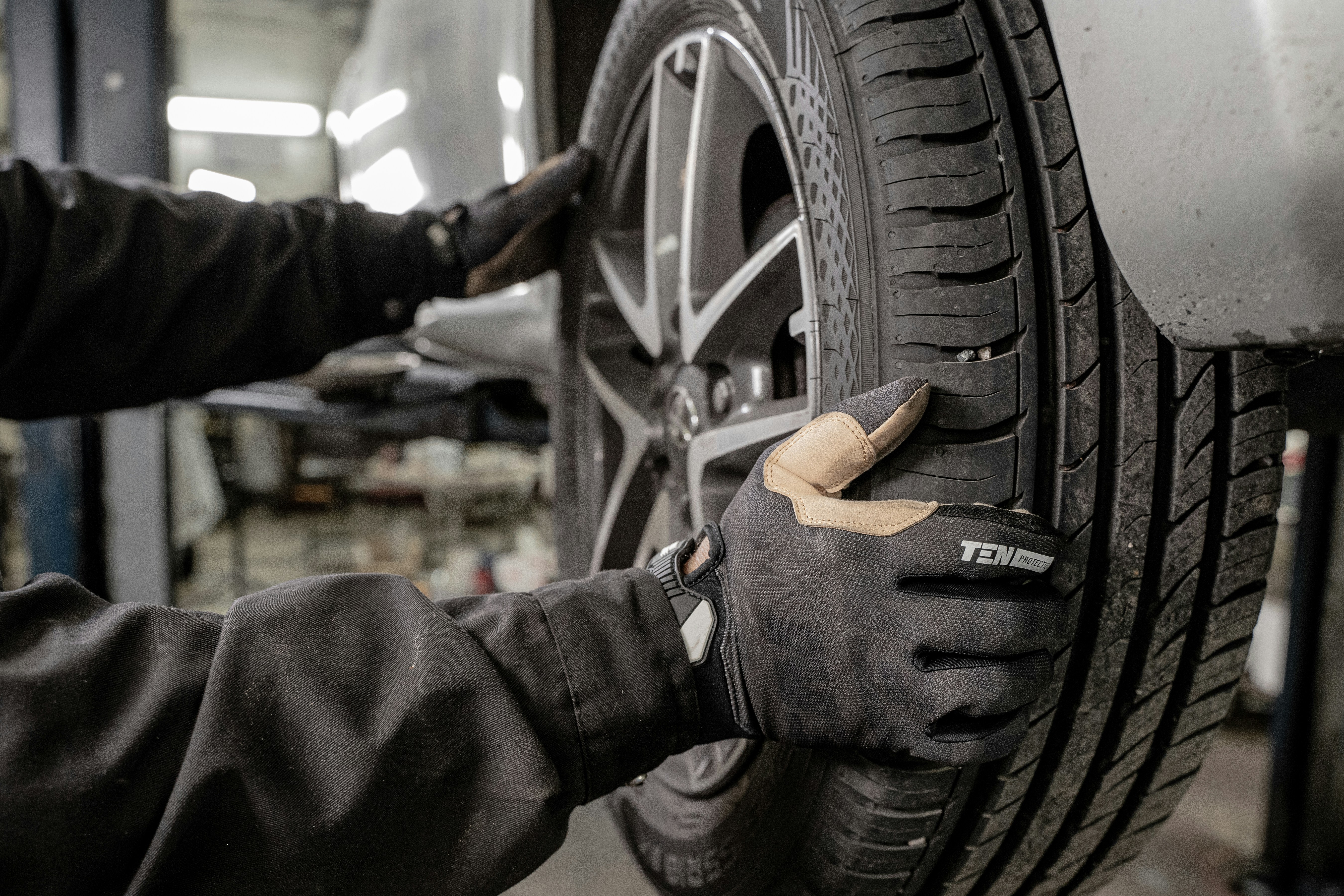If you find yourself struggling to keep up with your car payments, selling your car can be a viable solution to avoid defaulting on your loan. By selling your car before missing any payments, you can use the proceeds to pay off your car loan and potentially have some cash left over to purchase a used vehicle. This in-depth article will guide you through the process of selling your car, ensuring a smooth transition while maximising your financial outcome.

Assessing Your Situation
Before diving into the selling process, it's important to assess your current situation and gather essential information.
Evaluating Loan Balance
Start by determining the outstanding balance on your car loan. Contact your lender or refer to your loan documents to obtain this information. Understanding how much you owe will help you determine how much you need to sell your car in order to settle the loan.
Determining Car's Market Value
Next, research the current market value of your car. Factors such as make, model, year, mileage, and overall condition influence its worth. Use online resources, such as car valuation websites or local listings, to get an estimate of your vehicle's value. This will give you an idea of what to expect when pricing your car for sale.
Selling Methods
Once you have a clear understanding of your loan balance and your car's market value, you can explore different selling methods. Consider the following options:
Private Sale
Selling your car privately allows you to have more control over the selling price and negotiate directly with potential buyers. You can advertise your car through online classifieds, social media platforms, or local newspapers. Be prepared to invest time and effort into responding to inquiries and arranging meetings with potential buyers.
Trade-In
If convenience is a priority, trading in your car at a dealership can be a suitable option. Dealerships accept trade-ins and apply the appraised value of your car towards the purchase of a new or used vehicle from their inventory. While this method offers convenience, keep in mind that you may receive a lower value for your car compared to a private sale.
Selling to a Dealership
Alternatively, you can sell your car directly to a dealership. Some dealerships purchase used cars for their inventory. Research local dealerships and contact them to inquire about their car-buying programs. Keep in mind that the price offered may be lower than what you could potentially get through a private sale.
Online Car Marketplaces
Online car marketplaces provide a platform to reach a wide audience of potential buyers. Websites and apps dedicated to selling cars, such as AutoTrader, CarGurus, or Craigslist, allow you to create listings with detailed information and photos. This method can attract serious buyers and increase your chances of selling your car for a favourable price.
Preparing Your Car for Sale
Before listing your car for sale, it's important to ensure that it is in its best possible condition. Follow these steps to prepare your car:
Clean and Detail Your Car
Give your car a thorough cleaning, both inside and out. Remove any personal belongings, vacuum the interior, and wash the exterior. Consider professional detailing services for a more polished appearance.
Gather Necessary Documents
Gather all the necessary paperwork, including your car's title, registration, service records, and any warranties. Having these documents readily available will help streamline the selling process.
Conducting Repairs and Maintenance
Address any minor repairs or maintenance tasks to enhance your car's appeal. This may include fixing dents, replacing worn-out tires, or performing routine maintenance like oil changes and brake inspections. A well-maintained car is more likely to attract potential buyers and command a higher selling price.

Pricing Your Car
Determining the right price for your car is crucial to attract potential buyers and maximise your chances of a successful sale. Consider the following factors when pricing your car:
Researching Comparable Listings
Research similar car models in your area to get an idea of the prevailing market prices. Compare the prices of vehicles with similar mileage, condition, and features to determine a competitive asking price.
Considering Depreciation
Take into account the depreciation rate of your car. Generally, cars depreciate over time, so consider this when pricing your vehicle. Adjust the price accordingly based on the age and mileage of your car.
Factoring in Upgrades and Extras
If your car has any upgrades or additional features that add value, take them into consideration when determining the selling price. These extras can differentiate your car from others on the market and justify a higher asking price.
Need debt counselling or consolidation?
Explore DebtBusters' solutions for reducing your interest rates and unlocking cash.
Find out moreNegotiating and Finalising the Sale
Once you start receiving inquiries and potential buyers show interest, it's time to negotiate and finalise the sale. Follow these steps:
Responding to Inquiries
Promptly respond to inquiries and provide accurate information about your car. Be open to answering questions, arranging test drives, and sharing additional photos or documents upon request.
Meeting Potential Buyers
When meeting potential buyers, choose a safe and public location for test drives and inspections. Accompany the buyer during the test drive and encourage them to thoroughly inspect the car.
Negotiating the Price
Be prepared to negotiate the selling price with potential buyers. Consider your minimum acceptable price and be open to reasonable offers. Maintain a polite and respectful demeanour during the negotiation process.
Completing the Transaction
Once you and the buyer have agreed on a price, finalise the sale by completing the necessary paperwork. Sign the necessary documents, transfer the car's title, and provide the buyer with a receipt. It's advisable to consult with your local Department of Motor Vehicles or consult legal resources to ensure a smooth and legal transaction.
Settling Your Car Loan
To complete the selling process, it's important to settle your car loan with the proceeds from the sale. Follow these steps:
Paying off the Loan with Sale Proceeds
Contact your lender and inform them of your intention to sell your car. Discuss the process of paying off the loan with the sale proceeds. In most cases, the lender will provide instructions on how to settle the remaining balance. Follow their guidelines to ensure a smooth transaction.
Selling your car can alleviate financial stress and provide an opportunity to settle your car loan. By following the steps outlined in this article, you can navigate the selling process effectively and maximise your chances of a successful sale. Remember to research the market, prepare your car for sale, price it competitively, and use effective advertising strategies. Always prioritise safety during meetings with potential buyers and ensure a legal and seamless transaction. With careful planning and execution, you can sell your car and move towards a more manageable financial situation.
Get Your Finances Under Control with DebtBusters
Explore DebtBusters' debt solutions for reducing your interest rates and keeping up with your car payments today.
FAQs
Can I sell my car if I still owe money on the loan?
Yes, you can sell your car even if you still owe money on the loan. However, you need to settle the loan balance with the proceeds from the sale.
What happens if I can't sell my car for the amount I owe?
If you can't sell your car for the amount you owe on the loan, you'll need to find a way to cover the remaining balance to fully settle the loan.
Should I trade in my car or sell it privately?
The decision between trading in your car and selling it privately depends on your priorities. Trading in offers convenience but may result in a lower sale price. Selling privately allows you to potentially get a higher price but requires more effort.
How can I determine the market value of my car?
You can determine the market value of your car by researching similar listings, using car valuation websites, or consulting with local dealerships.
Is it necessary to conduct repairs before selling my car?
While not always necessary, conducting minor repairs and car maintenance tasks can enhance your car's appeal and potentially increase its selling price.
Can I get a car on debt review?
While under debt review, it is generally difficult to obtain new credit, including financing for a car. Debt review is intended to help you repay your existing debts by restricting your access to new credit. However, in rare cases, you might be able to get approval if you can prove that the new credit won't negatively affect your ability to meet your debt obligations.
Can my car be repossessed while under debt review?
Yes, your car can be repossessed while under debt review if you fail to meet the repayment terms set by your debt counsellor. However, the debt review process aims to protect your assets by restructuring your payments, so repossession is typically a last resort.
Can I get credit after debt review?
Yes, you can apply for credit after completing debt review, but you must first receive a clearance certificate showing that all your debts (excluding a home loan) have been fully paid. Credit providers may still assess your creditworthiness, so rebuilding your credit profile might take some time.
Can I sell my car while under debt review?
Yes, you can sell your car while under debt review, but you may need permission from your debt counselor or the credit provider holding the vehicle's financing. The sale proceeds will likely be used to settle part or all of the outstanding debt on the car.





